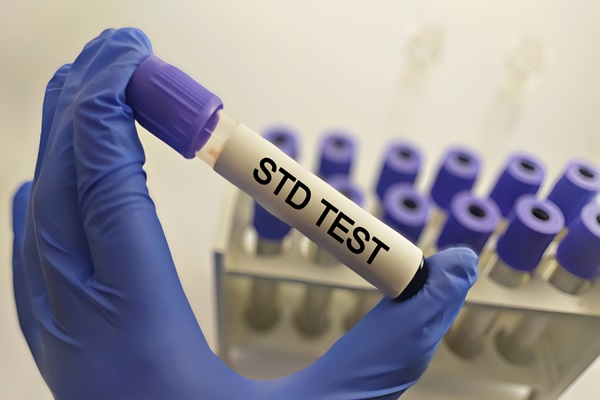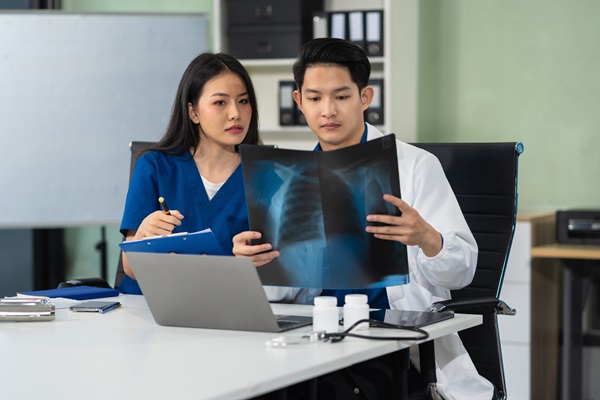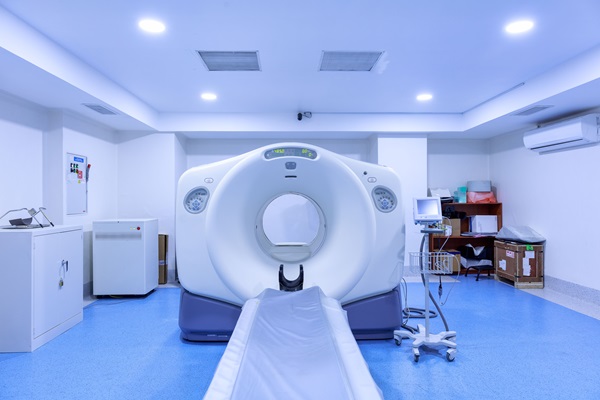Methods for STD Testing

STD testing is an essential part of keeping you and your sexual partners healthy. While the majority of STDs are easily treatable, they do not always exhibit noticeable symptoms, which can lead to serious complications. Regular STD testing allows you to get the diagnosis and treatment you need to protect your overall health.
The importance of STD testing
STD testing not only protects one's personal health but also it helps protect the community's overall well-being and prevents the spread of disease. As previously mentioned, many STDs do not show symptoms in their early stages, making regular testing essential for those who are sexually active or have multiple partners. Early detection allows those infected to get the treatment they need and helps to prevent the spread of infections to others.
Types of STDs
There are a variety of different STDs, and specific criteria, such as a patient's sex assigned at birth and sexual history, can influence the type of test they get. A healthcare provider can recommend specific testing by learning about the patient's sexual history and lifestyle. Some common STDs include:
- Chlamydia
- Gonorrhea
- HIV
- Hepatitis B
- Syphilis
- Genital herpes
- HPV
Conventional STD testing methods
Many STDs can be detected through blood tests, swabs, and urine tests.
Blood tests
Blood tests are one of the most common methods for STD testing. They can detect a variety of STDs, including HIV, syphilis, and hepatitis. Blood samples are typically collected through a simple blood draw at a health clinic or blood lab. Depending on the specific criteria of the test, results may take a few days to process.
Swab tests
Medical providers use swab tests to collect samples from the throat, genitals, or rectum, depending on the patient's symptoms and sexual history. These samples then go to a laboratory for analysis. Swab tests can help with diagnosing infections such as chlamydia, gonorrhea, and genital herpes.
Urine tests
Urine tests are particularly effective for detecting infections such as chlamydia and gonorrhea. This method involves providing a urine sample in a designated container. It is then analyzed for the presence of bacteria or other indications of infection. Similar to blood tests, results are typically available in a few days.
HPV testing
Certain types of human papillomavirus (HPV) can lead to cervical cancer, while others cause genital warts. It is also linked to cancer of the vulva, vagina, penis, mouth, and throat. Many sexually active people will get HPV at some point in their lives but never experience symptoms. However, in most cases, the virus will go away on its own within two years.
Most male patients will not need to undergo HPV testing. Rather, healthcare providers will likely test male patients who have symptoms of HPV, such as genital warts. They will remove a sample of the wart and send it to a laboratory.
For female patients, HPV testing may include:
- Pap test. During a Pap test, the healthcare provider will swab the patient's cervix for irregular cells. These tests are recommend every three years for female patients between ages 25 and 65.
- HPV test. Along with a Pap test, female patients between the ages of 25 and 65 should have an HPV test every five years if previous test results were within the standard range. These tests are recommended for those who are at high risk of cervical cancer or those who have irregular results during their Pap or HPV tests.
HPV vaccines can protect patients, no matter their sex, from some types of HPV. They are most effective when given between ages 9 and 26.
At-home STD testing
At-home testing kits for specific STDs, such as HIV, chlamydia, and gonorrhea, have become a more common and popular STD testing method. This testing method allows patients to collect necessary samples in the privacy of their own homes without the need for a pelvic exam or visiting a medical clinic or office.
For at-home testing, the patient collects a urine sample or an oral or genital swab according to the testing instructions. In some testing kits, the patient must provide more than one sample. Once patients collect their sample(s), they send it to a laboratory.
While convenient, it is important to note that at-home testing is not always accurate. Patients must follow instructions carefully to ensure accurate and thorough results.
What to do after testing positive
If a person tests positive for an STD after getting a test, they may need additional testing for further diagnosis and accurate treatment. They will also need to inform their sexual partner(s) so they can also be tested and treated. While testing positive may bring feelings of shame, anger, or fear, it allows patients to inform their partners and get the treatment they need, preventing the spread of disease in a community and protecting public health.
Protect your health with STD testing
STD testing is essential to preventive healthcare and offers early detection and treatment options. Take charge of your sexual health today by scheduling an STD test appointment. Call our New Caney office to learn more.
Request an appointment here: https://tx-urgentcare.com or call Texas Urgent Care & Imaging Center at (832) 941-1894 for an appointment in our New Caney office.
Check out what others are saying about our services on Yelp: STD Testing in New Caney, TX.
Recent Posts
X-rays are popular tools medical professionals use to diagnose a wide range of health conditions quickly and safely. They allow these professionals to see inside the body without invasive procedures, making them invaluable in urgent and primary care settings. Whether identifying fractures, monitoring chronic conditions, or detecting abnormalities, X-rays are critical in ensuring timely and…
A CT scan, or computed tomography scan, is a diagnostic tool that provides detailed images of the body’s internal structures. This non-invasive procedure helps medical professionals diagnose and monitor various conditions, from injuries to chronic illnesses. Knowing what to expect during a CT scan can ease concerns and prepare patients for a smooth experience.A CT…
If you work in public transportation, you may need to have a DOT drug screening. The Department of Transportation (DOT) regulates this test and requires it for you. You might be wondering what this test is like. Keep reading to learn more.Congress passed the Omnibus Transportation Employee Testing Act in 1991. Congress knew that the…
Walk-in clinic provide convenient, accessible health care for non-emergency medical needs, making it an ideal choice when immediate attention is necessary. Understanding when to visit a clinic can help patients save time, avoid unnecessary trips to the emergency room, and receive quality care for their health concerns. These clinics handle various issues, offering fast, professional…


